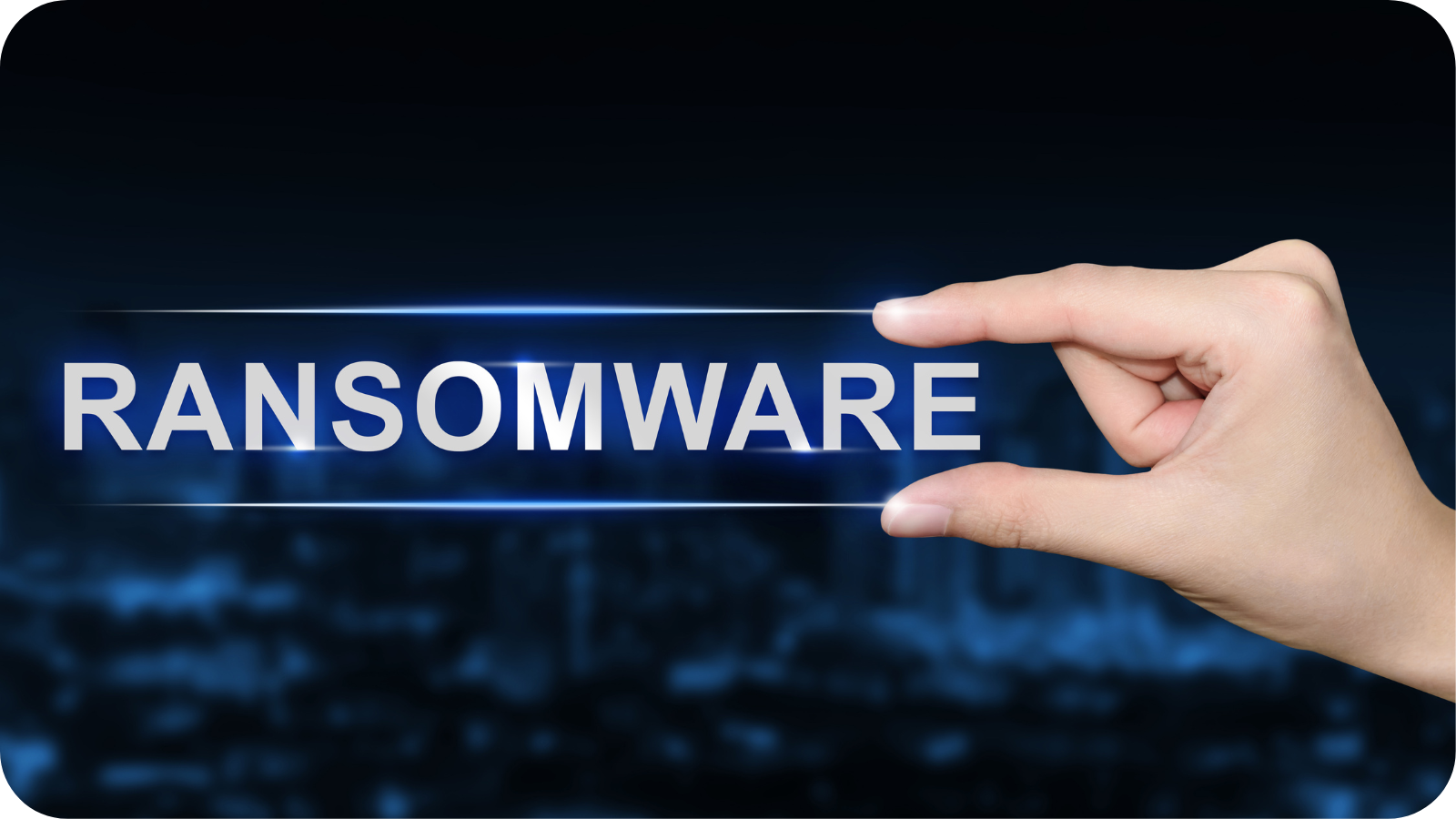Imagine waking up to find your entire business offline, customer data compromised, and operations at a standstill. Your reputation has taken a significant hit, and you need to start rebuilding.
Cyber-attacks are not just IT’s problem; they are a threat to your business’ survival.
The faster you recover, the less damage your organisation suffers. However, without the right preparation, recovery could take many months.
Studies have shown that IT decision makers take a far too optimistic approach to their recovery prospects; on average it takes an organisation 7.34 months to recover from an incident, whereas decision makers predicted it would take 5.85 months to fully recover.
This striking discrepancy between expectation and reality highlights the critical need for realistic recovery assessments and proactive preparation. Organisations that overestimate their ability to bounce back risk prolonged downtime, financial losses, and regulatory penalties. Under GDPR, failing to adequately protect personal data can result in fines of up to €20 million or 4% of annual global turnover, adding financial pressure to an already complex recovery process.
Recovering from a cyber-attack is rarely a straightforward process, and the time this takes can vary significantly depending on several factors. Let’s explore what influences recovery time and how businesses can prepare for faster, smoother recoveries.
Severity and type of attack
The nature of cyber-attack plays a crucial role in recovery time.
For example, if an employee falls victim to a phishing scam but it is quickly detected and immediate actions are taken such as changing passwords, reporting the incident, and securing any potentially compromised systems, then this will likely be resolved in a matter of hours.
However, more sophisticated attacks like ransomware or large-scale data breaches have the power to cripple systems for months. For example, the WannaCry ransomware attack caused $4 billion of damage globally and resulted in 19,000 cancelled NHS appointments.
How prepared you are
An organisation’s level of preparedness is a major factor in recovery speed. An incident response plan that has been thoroughly rehearsed across teams can drastically cut down recovery time, as your organisation can act swiftly and decisively. The NCSC recommends frequent tabletop exercises, drills, and simulated attack scenarios to strengthen response capabilities and uncover any potential weaknesses. You must also ensure your data backups are secure, isolated, and protected to ensure your full recovery from an attack.
Detection and containment speed
The faster an attack is identified and contained, the less damage it can cause, and the quicker recovery can begin. The more time you give a cyber attacker, the more data they can steal or encrypt. Rapid detection also reduces the scope of recovery efforts, helping organisations return to business as usual faster. The NCSC advises that standard monitoring tools like anti-virus software will not suffice, as attackers have become more sophisticated. Organisations must take a proactive security event discovery approach to spot more subtle irregular patterns that could signal a cyber-attack is ready to strike, such as significant user activity outside of working hours and unusually high network traffic.
Cyber insurance
Insurance policies often cover incident response costs, forensic investigations, legal fees, and even public relations expenses, removing financial burdens during a cyber-attack so you can focus on a swift recovery.
Expert, external cyber security support
External cybersecurity services from a managed service provider can significantly accelerate recovery. Cyber security managed services provide specialised knowledge and additional resources to investigate and remediate the attack, shortening recovery times and putting measures in place to prevent this from happening again. Not only this, but by leveraging their expertise and enhanced detection and monitoring capabilities, your defences are less likely to be breached in the first place.
Cyber threats are ever evolving and increasingly unpredictable; there’s no way to say for sure how long it will take to recover from all threats out there. However, a thorough and proactive approach to threat detection and operational resilience can drastically reduce recovery times and mitigate the financial, operational, and reputational impact on your business.
While the average amount of time it takes to recover from a cyber incident is 7.34 months, by working with a cyber security managed service provider, you can navigate the aftermath of an attack with greater speed, confidence, and control.
You can only protect your business against the risks you’re aware of, which is where our cyber resilience as a service comes in. We offer recovery risk reports that specifically identify security risks in your backup estate and show you how to mitigate them. Get your recovery risk report today.



